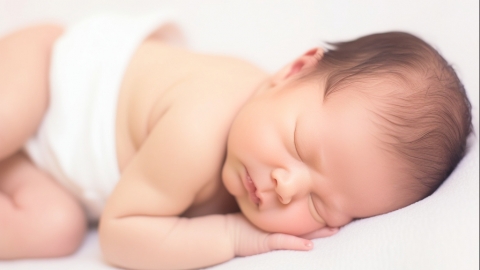What age does the 13-valent pneumococcal vaccine protect up to?
The 13-valent pneumococcal vaccine, officially known as the 13-valent pneumococcal polysaccharide conjugate vaccine, typically provides protection for 5 to 10 years. A detailed analysis is as follows:

Infants who complete the full vaccination schedule according to the recommended immunization program will develop a strong and lasting antibody response from their immune system, resulting in a longer period of protection, generally lasting 8 to 10 years. This is because the immune system is highly active during infancy, allowing for the establishment of more stable immune memory and sustained recognition and defense capabilities against antigens after vaccination.
In individuals who do not complete the full vaccination series or who receive the vaccine in adulthood, antibody levels may decline more rapidly, resulting in a relatively shorter duration of protection, approximately 5 to 7 years. The immune response weakens in adulthood, shortening the duration of vaccine-induced antibodies. Additionally, some individuals may have underlying medical conditions that affect immune function, further reducing the length of protection.
After receiving the 13-valent pneumococcal polysaccharide conjugate vaccine, individuals should monitor their health status. High-risk individuals may consider receiving a booster dose under the guidance of a physician.







